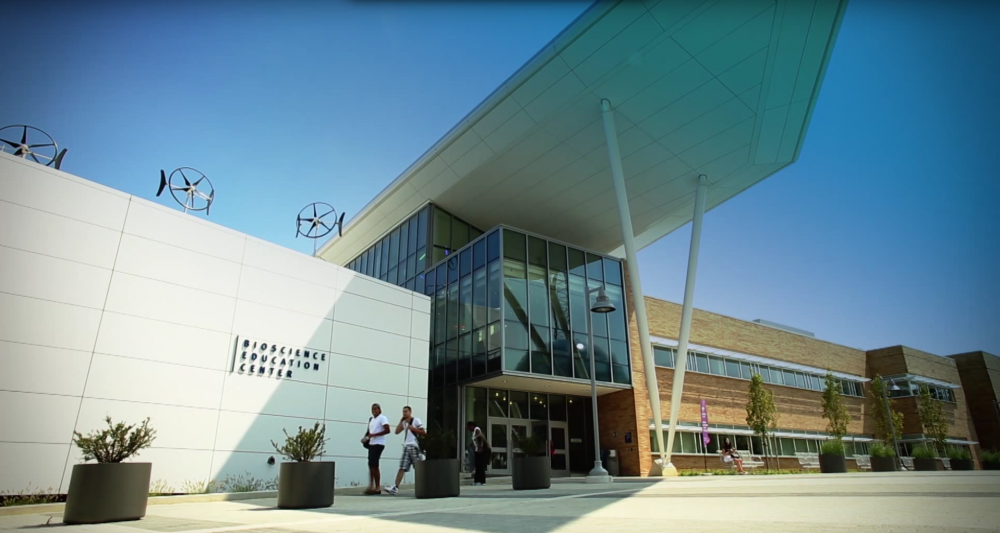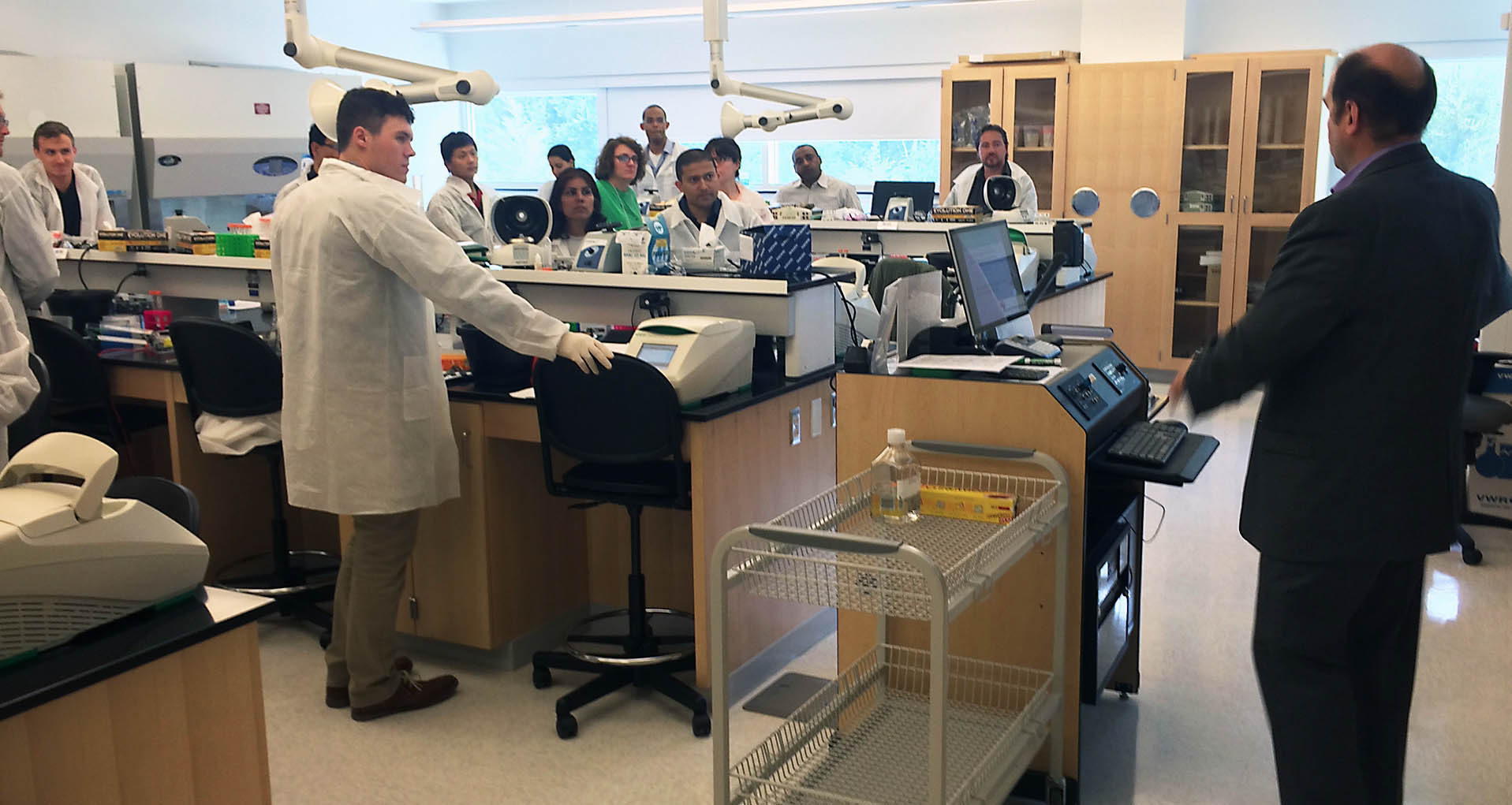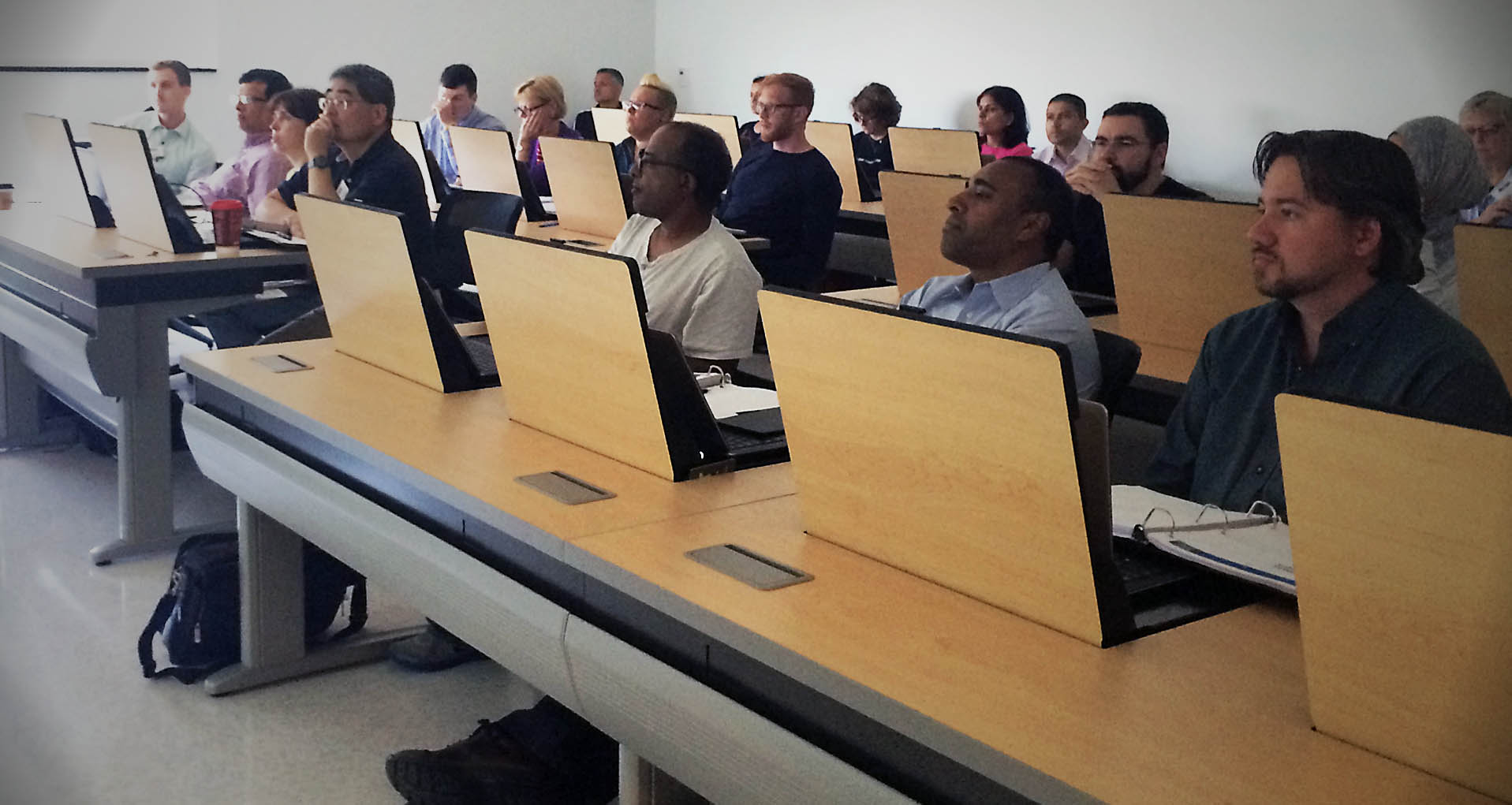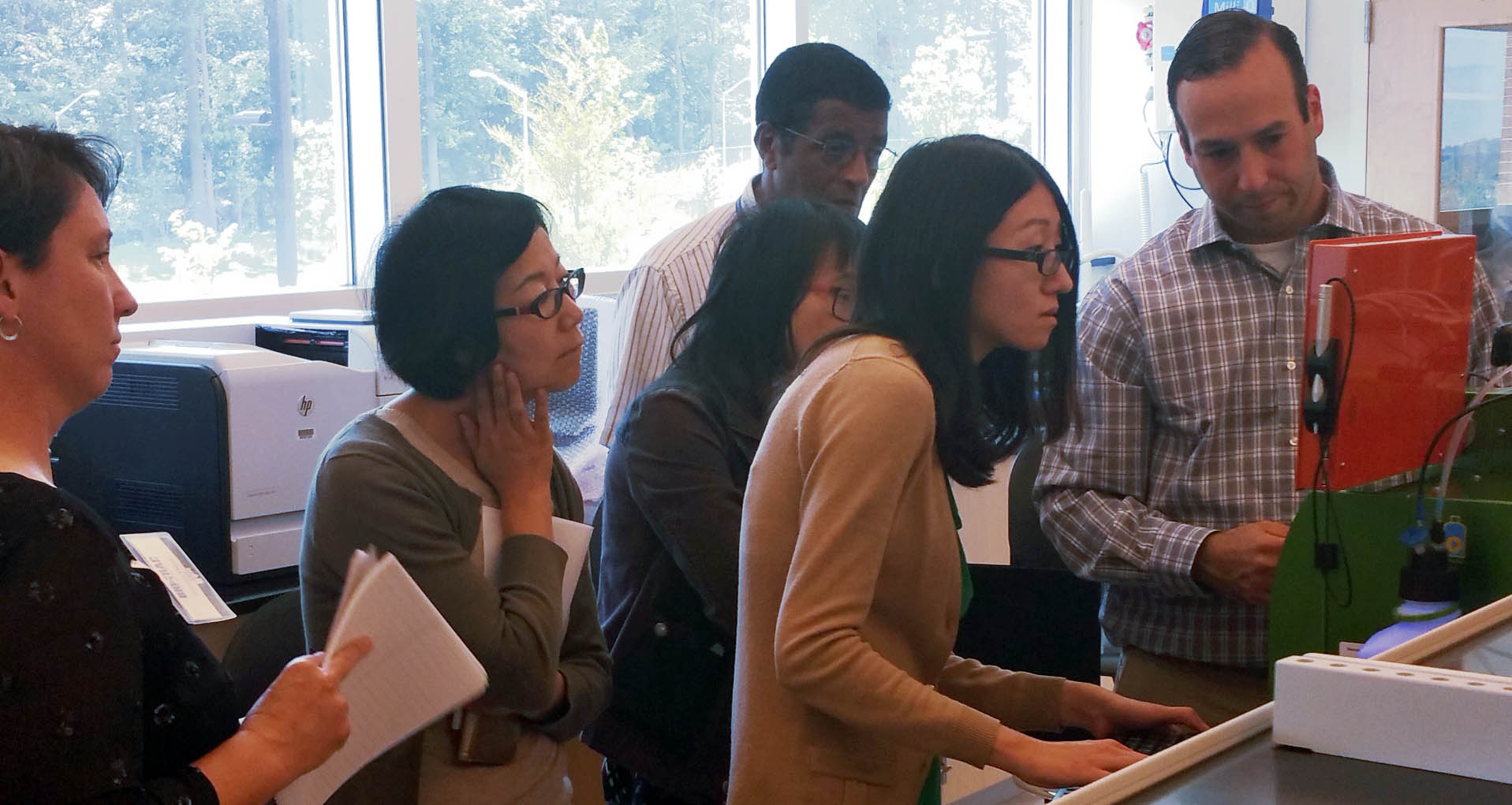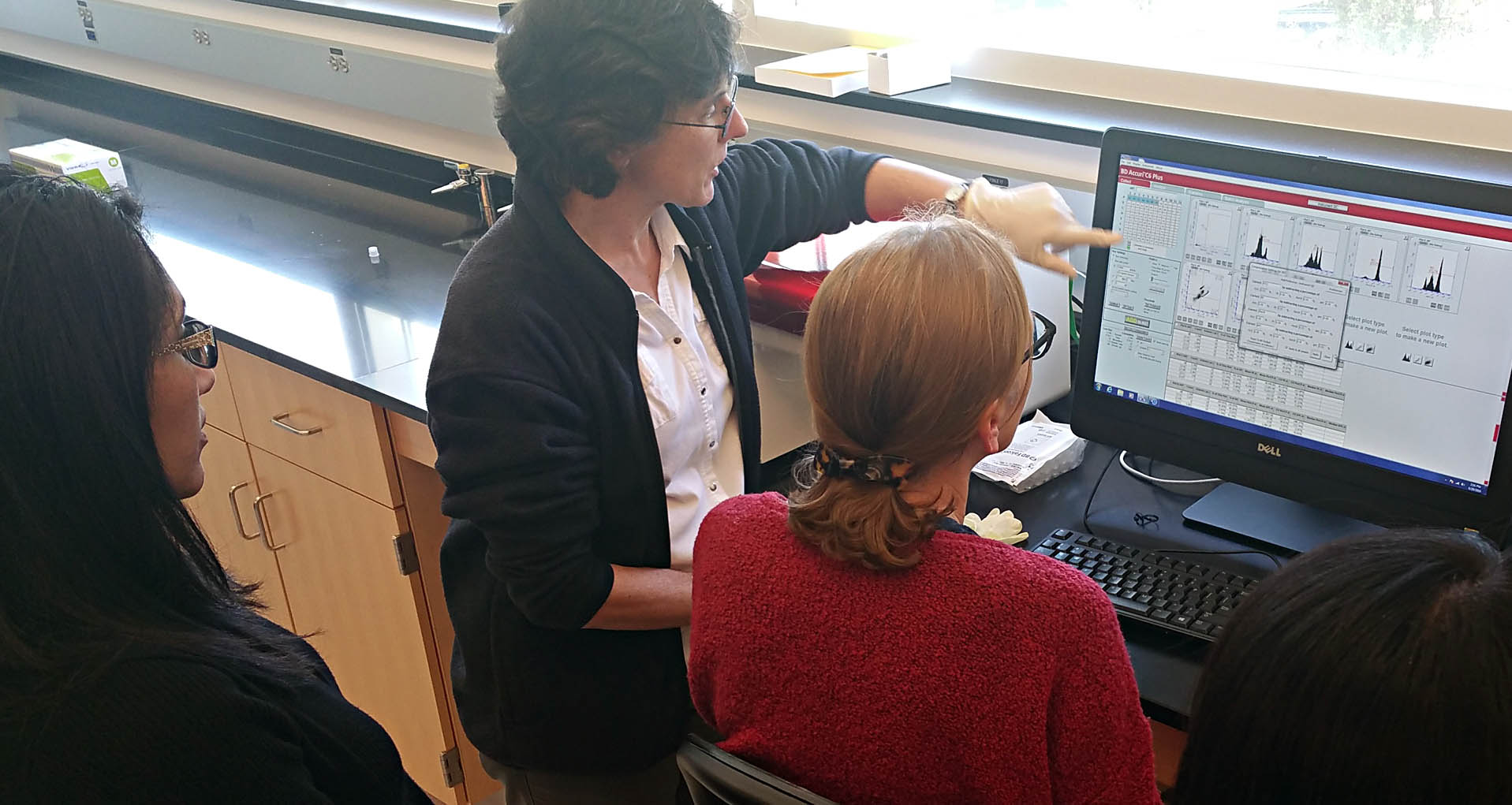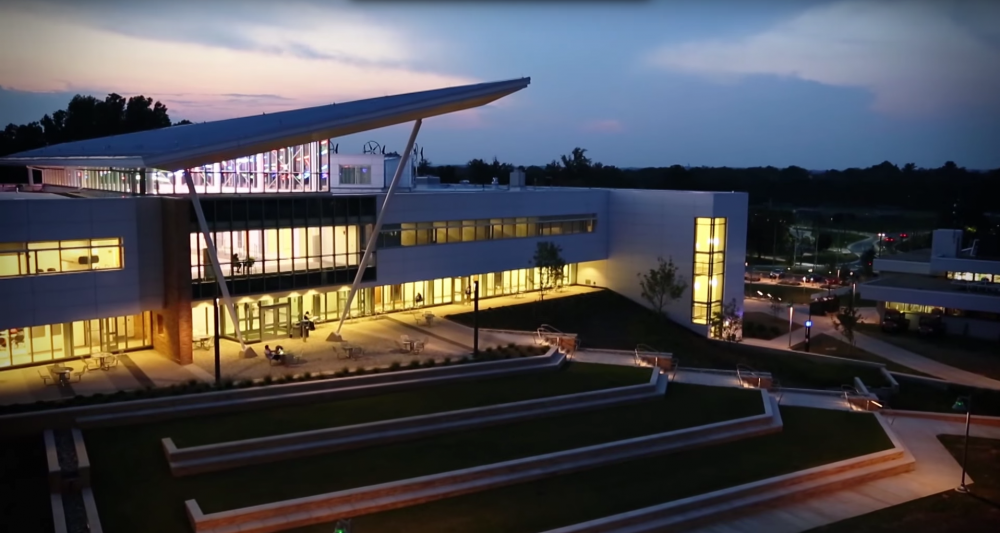Nov 8, 2021
Monday
$95
Fee
9:00am-9:00pm
Lunch&Dinner Breaks
This one day online symposium features lectures presented by world class scientists in the field of immuno-oncology. It also includes technology presentations by Akoya Biosciences, Lunaphore, Ultivue, and others. The attendee will leave this series of lectures with an understanding of the current practices, potential, and challenges of multiplex IF in immune oncology, as well as a primer on the latest technologies driving and supporting innovation in the field.
.
Real-Time Interactive Lecture and Discussion |
|
 | World Class Research Scientist Panelists |
Reference Materials included |
|
 | Space limited |
No Travel, Convenient and Cost Effective |
-
"It is well organized workshop. Instructors are knowledgeable and helpful. The course mainly focuses on DNA methylation and its related techniques. If it is the field you are interested in, I recommend this course."
Shale Lei
University of Nebraska Omaha
Advances in Epigenetics 1/17
-
"Amazing learning experience. I made new friend, learned new knowledge and made further collaborations. It was worth attending this workshop."
Dhananjay Gupta
University of Vermont
Advances in Epigenetics 1/17
-
"The instructors for the “Advances in Epigenetics” were outstanding."
Jim DeWille
Ohio State University
Advances in Epigenetics 1/17
-
"This is a very well organized program. Lectures always convey the most advanced knowledge and technologies. Hands-on practice is also very helpful. Highly recommend to colleagues in or out of NIH community."
Guangpu Shi, M.D.
Research Fellow, NEI/NIH
iPSC: Reprogramming, Differentiation and Gene Editing with CRISPR 8/16
-
"I highly recommend this course to someone who seek opportunities for epigenetics research and analysis. Presenters and lectures are very nice and experts in this field."
Bongsoo Park
Johns Hopkins School of Public Health
Advances in Epigenetics 1/17
-
"Bio-Trac offers wonderful workshops that provide up-to-date, useful technological information and knowledge important for my research applications."
Thuy Phung, MD, PhD
Baylor College of Medicine
NGS 10/16
| SPONSORS | ||
|---|---|---|
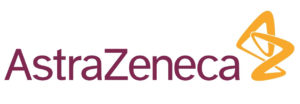 |
Immune checkpoint blockade therapy represents an ongoing revolution in cancer treatment that requires a deeper understanding of the tumor immunological microenvironment. One of the tools for cancer immunoprofiling on tissues are multiplex immunolabeling techniques for the simultaneous analysis of several markers in the same tissue and cells.
Today there are several platforms offered for biomarkers exploration, but all have a common steps in terms of methodology quality control and analysis. The goal of this one-day webinar is to explore the latest applications of multiplex immunofluorescence in immune oncology research and clinical trials from academia and industry. Furthermore, as advancements in this field are intimately tied to improvements in labeling, imaging, and image analysis technology, the evening session will comprise a review of recent advances in the toolbox.
Daytime Presentations – 9:00am-5:00pm:
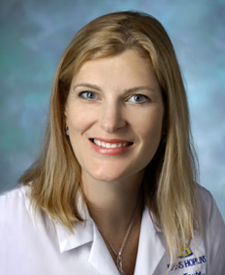 | Dr. Janis Taube Johns Hopkins Medical Institute Multiplex IF Biomarker Development Using the AstroPath Platform |
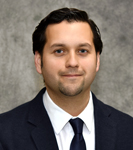 | Kurt Schalper, MD, PhD Yale University School of Medicine Presentation |
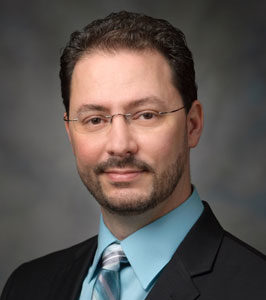 | Jared Burks, PhD MD Anderson Cancer Center Bringing Clarity to the Transcriptomic Targets through Spatial Proteomics |
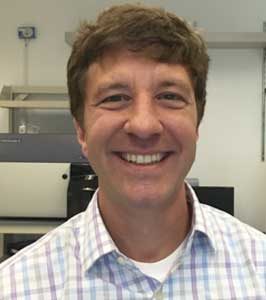 | Mike Angelo, MD PhD Stanford University Linking Tissue Structure to Single Cell Function using High Dimensional Tissue Imaging |
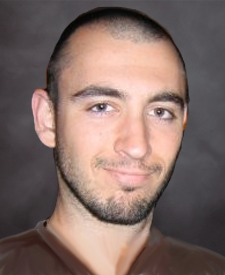 | Michael Surace, PhD AstraZeneca GraphITE: An AI-Powered Scientist-Facing Exploration and Analysis Platform for Multiplex IF Image Data |
Evening Break
Technology Presentations – 6:00pm-9:00pm:
- Lunaphore
- RareCyte
- Ultivue
- Akoya
Note: All presentations are being given in a live presentation format via Zoom and will also be recorded. Attendees will be able to view the recordings for up to thirty-days after the event.
Presenter Bios
Michael R. Angelo, Stanford University
The Angelo lab uses custom built high dimensional imaging technologies and computational approaches to understand the interplay between single cell phenotype and tissue histology in health and disease.
They employ a method known as Multiplexed Ion Beam Imaging (MIBI) that uses secondary ion mass spectrometry to image antibodies tagged with isotopically pure elemental metal reporters. MIBI is capable of analyzing up to 100 targets simultaneously over a five-log dynamic range. Thus, MIBI enables highly multiplexed and sensitive immunohistochemistical analysis of complex tissues. The Angelo Lab applies MIBI to questions in the fields of cancer biology, infectious diseases, immune tolerance, allergy, and the maternal-fetal interface in addition to technology and methods development.
Jared Burks, PhD, MD Anderson Cancer Center
Dr. Jared Burks received his Ph.D. in Biology from Texas A&M University, focusing on viral protein trafficking in infected cells and conducted his postdoctoral work in Dr. Xing Li Wang’s group at Baylor continuing protein trafficking studies. Currently Dr. Burks is a Professor and Co-Director of the Flow Cytometry and Cellular Imaging Core Facility at MD Anderson Cancer Center. The core uses eight color imaging through the use of FFPE sampling and multispectral microscopy, live cell spinning disk confocal imaging, as well as established mass cytometry, CyTOF (imaging and suspension).
Kurt Schalper, MD, PhD, Yale University School of Medicine
Dr. Schalper trained as cell/molecular biologist and surgical pathologist. His professional experience includes molecular diagnostics and measurement of tissue biomarkers for companion diagnostics in cancer. Currently, he is an Assistant Professor of Pathology at Yale University and director of the Translational Immuno-oncology Laboratory at the Yale Cancer Center. His group aims to produce and support high quality translational research in immuno-oncology through standardized analyses of biomarkers and cross-integration with other Yale resources. These efforts could open new opportunities for biomarker discovery, identification of targets and patient selection for novel anti-cancer therapies.
Michael Surace, PhD, AstraZeneca
Michael Surace received a BS in Biology from JMU in 2004 before working as a laboratory technician in Pathology at UVA for two years. In 2006 he moved to Blacksburg, VA to pursue graduate studies in nuclear receptor/ TLR cell signaling crosstalk in the polarization of macrophage activation phenotypes. He received his PhD from Virginia Tech in 2010. He took two postdocs at MCV in Richmond, first in the Department of Anatomy and Neurobiology investigating the role of microglial activation in response to toxic insult in Parkinson’s Disease, then in Molecular Biology and Biochemistry, working on astrocytes as inflammatory immune cells in multiple sclerosis. In 2015 he joined STCube Pharmaceuticals as a research scientist where he started working with multiplex immunofluorescesce and image analysis to support mechanistic research, which led to his current position at Medimmune, as a scientist developing the company’s multiplex immunofluorescence program for research and clinical trials.
Dr. Janis Taube, Johns Hopkins Medical Institute
Dr. Janis Taube is an associate professor of dermatology and pathology at the Johns Hopkins University School of Medicine and a member of the Johns Hopkins Kimmel Cancer Center. Her area of clinical expertise is dermatopathology. Dr. Taube serves as the Director of the Division of Dermatopathology and as the Assistant Director of the Dermatoimmunology Laboratory at the School of Medicine.
She is one of the lead scientific researchers in the Department of Dermatology at Johns Hopkins. Her research is related to the study of the B7-H1 molecule. Dr. Taube and her team are seeking to identify the signaling mechanisms behind B7-H1 expression.
She is a member of the College of American Pathologists, United States and Canadian Academy of Pathology, American Society of Dermatopathology and Dermatology Foundation.

